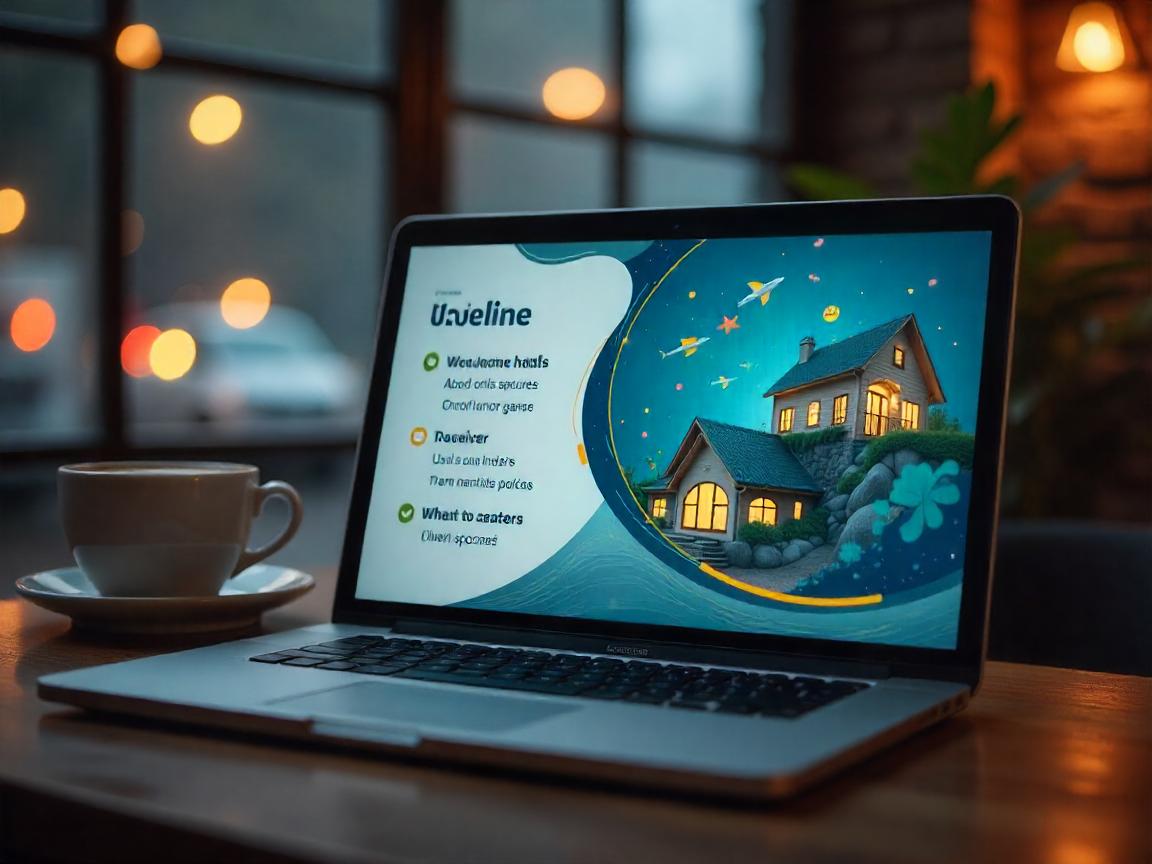Legal Clarification of Online Travel Agents
Recent court decisions have highlighted the ongoing debate about the classification of Online Travel Agents (OTAs) as hotels. A notable case from Mississippi put this issue into sharp focus when a ruling clarified that OTAs do not fall under the legal definition of hotels in that state. This distinction is significant as it affects the regulatory obligations surrounding occupancy taxes and business operations.
Background of the Case
In August 2020, the Mississippi Chancery Court announced a staggering judgment of $44.899 million against a group of OTAs, including popular platforms that facilitate hotel bookings and collect fees for services rendered. The judgment stemmed from claims that these online companies failed to remit proper taxes collected from guests, misleadingly categorized as part of the accommodation business.
Defendants Involved
The litigation targeted well-known entities like Priceline, Expedia, and Cendant. Each faced scrutiny regarding whether their operational habits align with those of traditional hotels, particularly regarding tax responsibilities.
The Ruling and Its Implications
After a thorough review, the Mississippi Supreme Court overturned the original ruling in July 2021, asserting that OTAs do not constitute hotels under the state’s law. This important clarification establishes that while OTAs facilitate hotel reservations, their role is more akin to intermediaries rather than traditional accommodation providers.
Business Models at a Glance
- OTAs: Primarily function as middlemen between consumers and service providers, having a more transactional relationship.
- Hotels: Provide direct accommodation and amenities, subject to stringent regulatory oversight and occupancy taxes.
Continuing Challenges
The dichotomy between OTAs and hotels raises questions about regulatory frameworks. As online platforms gain prominence in the hospitality industry, understanding their unique operational standards remains crucial. For travelers, this affects transparency in pricing and the experiences offered throughout their journeys.
Implications for Travelers
Misunderstanding the operational roles of OTAs can lead to confusion regarding fees and the true costs of travel. Moreover, this complexity can impact how travelers choose to engage with both OTAs and hotels for their stay. Platforms like GetTransfer.com align with these developments by ensuring transparency and informed decision-making for users seeking transportation solutions.
The Bigger Picture
Understanding the legal framing of OTAs relative to hotels showcases the evolving landscape of travel service providers in the modern economy. As travel continues to adapt, consumers benefit from platforms offering personalized services that cater directly to their needs. GetTransfer.com exemplifies such a service by allowing travelers to select their specific vehicle, view detailed options like make and model, and harness a transparent pricing structure that enhances their travel experience.
Conclusion
The distinctions drawn between hotels and online travel agents evolve particularly as legal interpretations adapt to current market trends. Understanding these nuances empowers travelers to make informed decisions on their journeys. On platforms like GetTransfer.com, travelers access transparent and user-friendly booking solutions for their transport needs, ensuring a seamless travel experience. The court ruling serves as a reminder of the importance of clarity and regulation in the rapidly changing travel landscape.
Among the highlights, it’s essential to remember that the best insights stem from personal experience. On GetTransfer, a wide array of vehicles and services are available to suit your specific requirements. Experience convenience and affordability at your fingertips, whether it’s for airport pickups or city transfers. Understanding your options helps avoid unnecessary surprises and enhances the overall travel experience you seek. Book your ride with GetTransfer.com today!


Comments